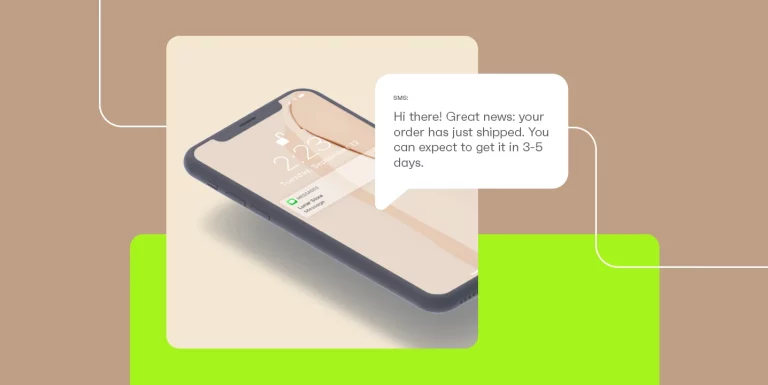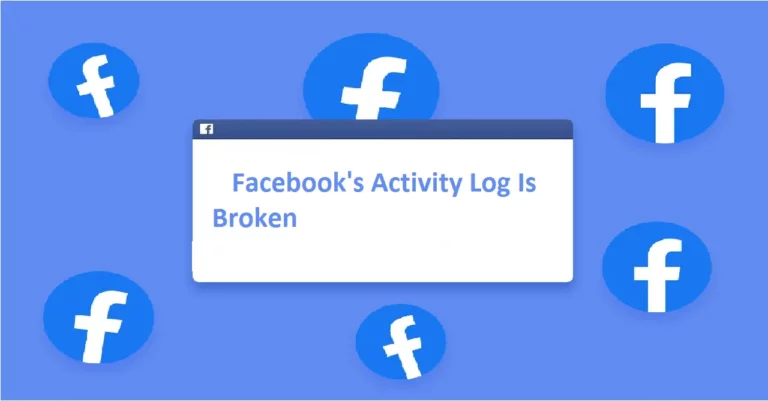The Evolution of Outbound Call Centers
Outbound call centers have come a long way since their inception decades ago. Originally viewed as telemarketing nuisance calls, outbound calling has transformed into a sophisticated sales and service channel that delivers tremendous value for many businesses. Outbound call centers offer flexibility to scale campaigns up or down quickly.
Early Days of Outbound Calling
The outbound call center industry traces its roots back to the 1960s and 70s. Telemarketing emerged as a way for businesses to efficiently reach potential customers en masse through cold calling. However, people soon grew tired of unsolicited sales pitches interrupting their dinners. Outbound calling developed a negative reputation that would stick around for decades.
In the beginning, outbound call centers relied on basic telephone technology. Agents worked in crowded rooms using landline phones and paper scripts. Call data was recorded manually, making it difficult to track performance. The focus was on high call volumes and little concern for the customer experience.
Evolution of Technology and Strategy
Advancements in telephone and computer technology transformed outbound calling capabilities:
- Predictive dialers increased call volumes automatically
- CRM systems streamlined data management
- Voice over IP reduced costs
- Speech analytics and call recording software improved quality control
As technology improved, outbound call centers shifted from a transactional hard-sell approach to more strategic goals:
- Building relationships and nurturing leads
- Providing specialized service and support
- Conducting market research and surveys
- Raising funds for nonprofits
The Rise of Legitimate Outbound Programs
Outbound call centers have worked hard to shed their negative image. Reputable companies follow strict regulations, such as the federal Do Not Call list, to ensure respectful calling practices.
Agents are thoroughly trained in customer service skills, communication techniques, compliance, and product knowledge. Leads are prescreened to target only interested prospects.
Outbound programs must follow data privacy laws regarding the use of consumer information. Ethical outbound centers obtain consent before adding individuals to calling lists.
Outbound Calling Delivers Significant Value
Modern outbound call centers provide many important business functions:
- Lead generation – Initiating contact with potential customers to spark interest and drive conversions. Outbound calls tend to have higher contact rates than other lead gen methods.
- Sales – Warm outbound sales calls to qualified prospects can effectively move leads through the sales funnel. Outbound teams set sales appointments or close business directly over the phone.
- Client engagement – Conducting proactive customer check-ins and satisfaction surveys to strengthen relationships and improve loyalty.
- Donations – Nonprofit organizations raise billions through outbound fundraising campaigns.
- Market research – Gathering consumer opinions and feedback through surveys and interviews.
- Customer service – Providing technical support, account updates, and other specialized assistance.
The ability to segment data and target customized messaging allows for optimization over time. When executed strategically with a focus on quality, outbound calling delivers significant value in an omnichannel sales and service environment.
Leverage the Power of Outbound Calling
As outbound call centers have professionalized their practices and adopted a customer-focused approach, perceptions have changed dramatically. What was once considered a nuisance is now recognized as an indispensable sales and service channel. Companies rely on outbound calling to fuel the top of the sales funnel, nurture leads, and drive revenue.
To explore how a strategic outbound program from Arce Contact Centers could benefit your business, visit our website today https://arcecontactcenter.com/outbound-call-center/ . Our skilled agents have the expertise to deliver outbound excellence.







